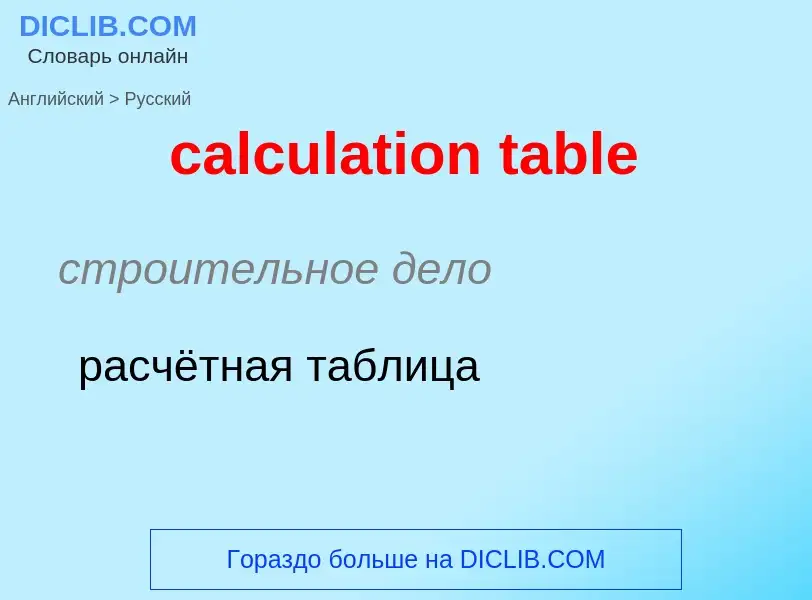Μετάφραση και ανάλυση λέξεων από την τεχνητή νοημοσύνη ChatGPT
Σε αυτήν τη σελίδα μπορείτε να λάβετε μια λεπτομερή ανάλυση μιας λέξης ή μιας φράσης, η οποία δημιουργήθηκε χρησιμοποιώντας το ChatGPT, την καλύτερη τεχνολογία τεχνητής νοημοσύνης μέχρι σήμερα:
- πώς χρησιμοποιείται η λέξη
- συχνότητα χρήσης
- χρησιμοποιείται πιο συχνά στον προφορικό ή γραπτό λόγο
- επιλογές μετάφρασης λέξεων
- παραδείγματα χρήσης (πολλές φράσεις με μετάφραση)
- ετυμολογία
calculation table - translation to ρωσικά
строительное дело
расчётная таблица
Ορισμός
Βικιπαίδεια
The economic calculation problem (sometimes abbreviated ECP) is a criticism of using economic planning as a substitute for market-based allocation of the factors of production. It was first proposed by Ludwig von Mises in his 1920 article "Economic Calculation in the Socialist Commonwealth" and later expanded upon by Friedrich Hayek.
In his first article, Mises described the nature of the price system under capitalism and described how individual subjective values (while criticizing other theories of value) are translated into the objective information necessary for rational allocation of resources in society. He argued that economy planning necessarily leads to an irrational and inefficient allocation of resources. In market exchanges, prices reflect the supply and demand of resources, labor and products. In the article, Mises focused his criticism on the deficiencies of the socialisation of capital goods, but he later went on to elaborate on various different forms of socialism in his book Socialism. He briefly mentioned the problem in the 3rd book of Human Action: a Treatise on Economics, where he also elaborated on the different types of socialism, namely the "Hindenburg" and "Lenin" models, which are uniquely different, and showing why, in his view, market socialism still falls prey to the problems that are tied to socialism.
Mises and Hayek argued that economic calculation is only possible by information provided through market prices and that bureaucratic or technocratic methods of allocation lack methods to rationally allocate resources. Mises's analysis centered on price theory while Hayek went with a more feathered analysis of information and entrepreneurship. The debate raged in the 1920s and 1930s and that specific period of the debate has come to be known by economic historians as the socialist calculation debate. Mises' initial criticism received multiple reactions and led to the conception of trial-and-error market socialism, most notably the Lange–Lerner theorem.
In the 1920 paper, Mises argued that the pricing systems in socialist economies were necessarily deficient because if a public entity owned all the means of production, no rational prices could be obtained for capital goods as they were merely internal transfers of goods and not "objects of exchange", unlike final goods. Therefore, they were unpriced and hence the system would be necessarily irrational as the central planners would not know how to allocate the available resources efficiently. He wrote that "rational economic activity is impossible in a socialist commonwealth". Mises developed his critique of socialism more completely in his 1922 book Socialism, arguing that the market price system is an expression of praxeology and can not be replicated by any form of bureaucracy.
Notable critics of both Mises's original argument and Hayek's newer proposition include Anarcho-capitalist economist Bryan Caplan, computer programmer and Marxist Paul Cockshott, as well as other communists.

